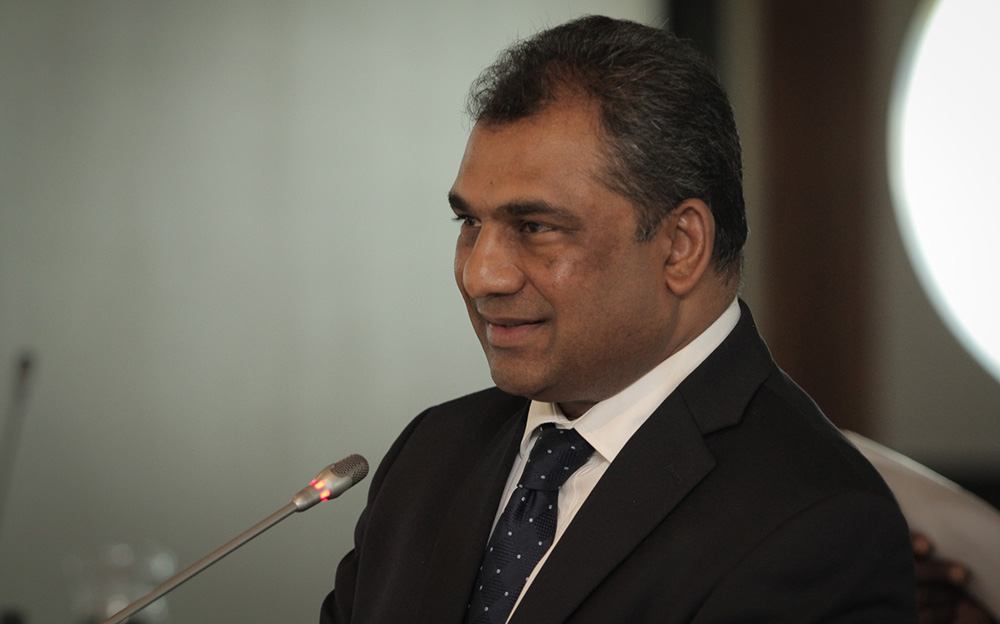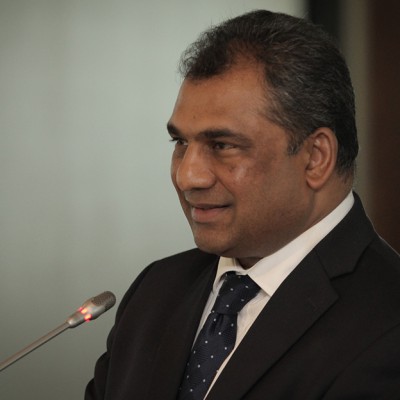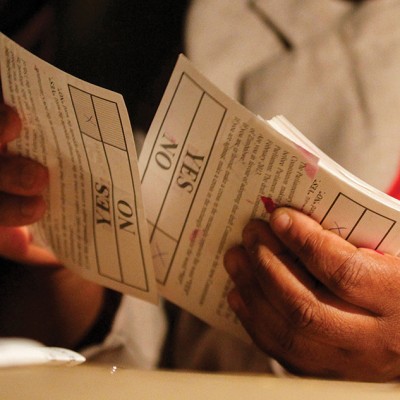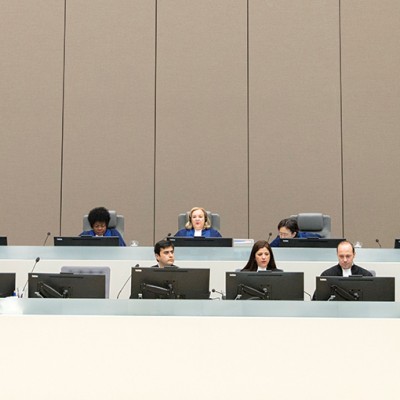Investing in conflict prevention will continue to be Africa’s major challenge in the next decade. The fall of the Berlin Wall brought an end to an era of one-party states and authoritarian rule in many parts of the world and ushered in a new era of multi-party democracy. Africa was not unaffected by these “winds of change”. Many countries in Africa saw the fall of one-party states and the introduction of multi-party democracy. This paradigm shift was welcomed across Africa and the world, and brought a new energy to governance, with respect for human rights, accountability, and human-centred development at the forefront. Positive economic growth was posted across the continent, with many calling it the era of the “African Renaissance,” and declaring that this will be the “African Century”.
Africa’s development can be driven by its endowment of natural and human resources. Africa possesses 60% of the world’s arable land and the industrialisation of agriculture should ensure the continent’s future food security. Africa has adequate hydro-electric and solar energy potential to drive infrastructure development and to compliment the creation of industrial economies. Africa has a dominant share of the world’s resources that are necessary to drive the information economy and the fourth industrial revolution. Africa will also have the largest youth population in the world, almost one billion within two decades, ensuring that the continent will have the human resources to drive its development of the agricultural, industrial, information and fourth industrial revolutions.
In addition to its endowment in natural and human resources, Africa also enjoys the confidence of the private sector, a key partner for governments in the development agenda. In a May 2017 publication by the global consulting firm, Price Waterhouse Cooper, it is reported that of 80 chief executive officers (CEOs) in Africa that were surveyed, “no less than 97% (globally: 91%) are confident about their own companies’ growth prospects in the medium term. Among African CEOs, this is the highest level since our survey started in 2012”.1 However, in the same report, the CEOs surveyed indicated that social instability and unemployment were among the key threats that undermine prospects for growth.
The current conflict environment in Africa indicates a growing degree of social instability driving conflicts at the local and national levels in countries across the continent. For almost a decade and a half, after the fall of the Berlin Wall, we saw the resolution of a number of violent intra-state conflicts, for example, Mozambique (1992), Angola (2002), Burundi (2005), the Democratic Republic of the Congo (DRC – 2003), Guinea-Bissau (1999), Sierra Leone (2002), and Sudan (2005). Some conflicts, like Somalia, remained unresolved.
In the last decade we have seen a resurgence of conflicts in Africa. South-Sudan, the Central African Republic, Mali, Burundi and Libya have all erupted. Somalia and the Eastern DRC remain unresolved. In addition, social unrest broke out in, among others, South Africa, Zimbabwe, Kenya, Egypt, Tunisia, and Burkina Faso. The evolving conflict environment in Africa indicates that many countries will face the same fate over the next decade. Exponential population growth and rapid and unplanned urbanisation without the creation of new economies to absorb the millions coming to cities will result in increased poverty, unemployment, and inequality. This will continue to result in competition for scarce resources, like education, housing, land, sanitation, and health care.
Competition over scarce resources, coupled with political competition, and exploitation of identity (ethnic, racial, and religious) will result in urban social unrest which, if left unresolved, will deteriorate into civil wars threatening national and regional peace and security. Intervening successfully at the local and national levels to ensure that conflicts are managed, through dialogue and mediation by local and national actors, will continue to be our major challenge in the next decade!
Note
- Boegman, Hein (2017) Africa’s Business Agenda. The Africa Business Agenda: Changing Gear, PricewaterhouseCoopers, 6, p.2.








